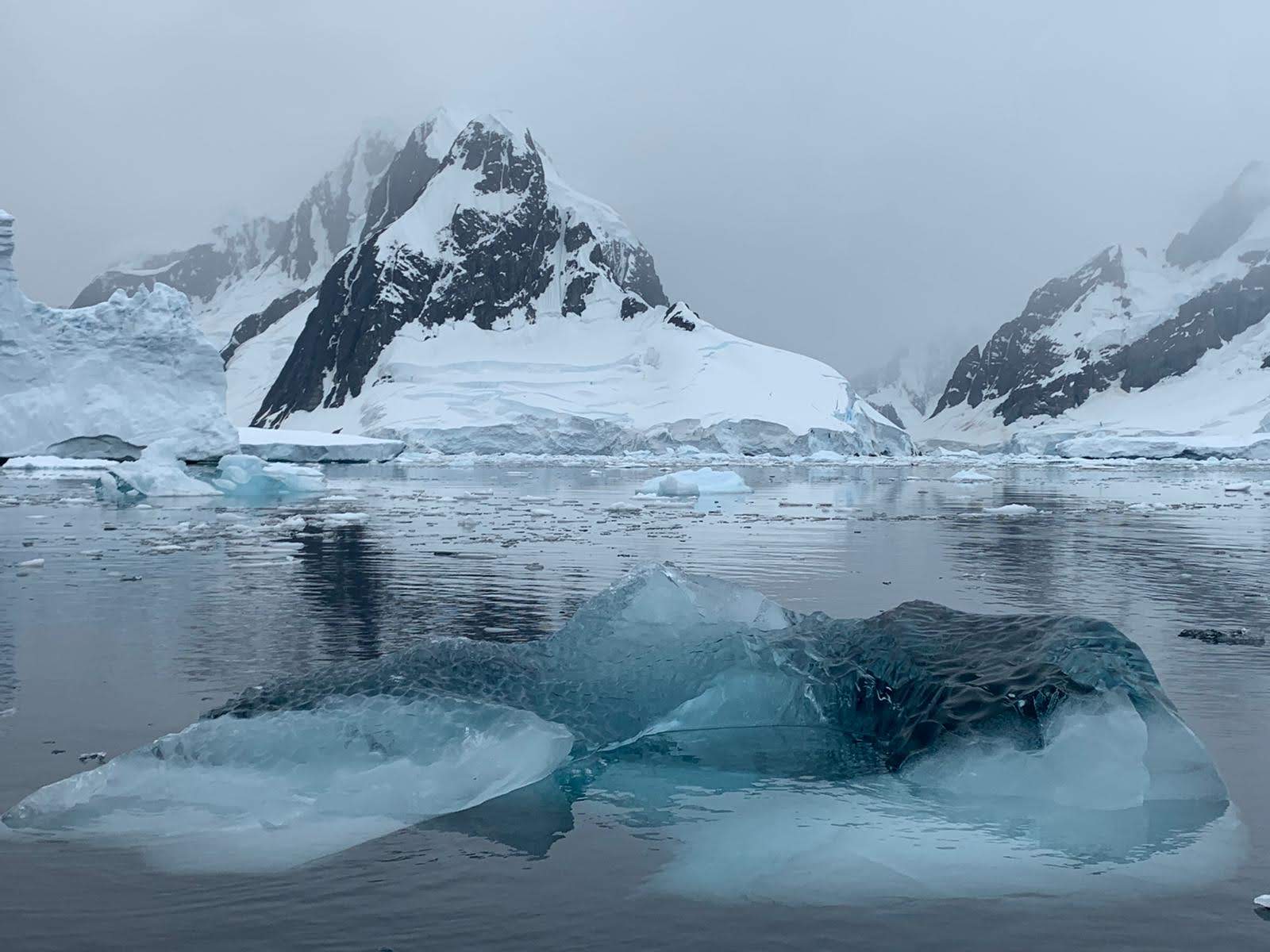How is Climate Change Affecting Our Planet?

The course teaches about the profound impact of human behavior on climate change. It is led by Dr. Ema Kuhn, a biologist who devoted her life to understanding the meaning of life on Earth and beyond. The participants will understand how oceans and polar regions are often overlooked in daily life and how they are significantly affected by human activities.
Target Audience
This course is for everyone concerned about the state of our planet. Students, educators, environmentalists, policymakers, and anyone who wants to understand how climate change affects our planet should take it.
Course Prerequisites
This course does not require any prior knowledge or experience. It warmly welcomes individuals with varying backgrounds and levels of understanding.
Objectives
The course will help you understand:
- The role of carbon and greenhouse gases in climate change.
- The implications of rising temperatures, particularly in polar regions.
- The consequences of melting ice, permafrost thawing, and ocean acidification.
- The impact of climate change on polar ecosystems and marine life.
- The environmental challenges such as plastic pollution and overfishing.
- Investigate strategies for reducing carbon footprints and promoting sustainable practices.
Topics Covered
The course is structured to cover various aspects of climate change, primarily focusing on oceans and polar regions. Each section provides detailed insights into specific topics, emphasizing the urgency of addressing these critical issues.
- Carbon on Planet Earth
- Greenhouse Gases
- Rising Temperatures
- Temperature Extremes in Antarctica and the Arctic
- Permafrost Thawing
- Arctic Sea Ice Melting Rate
- Albedo Effect
- Antarctica’s Ice Loss
- Thwaites Glacier
- Extreme Weather Patterns
- Instability of Polar Ecosystems and Oceans
- Environmental Issues: Garbage, Plastic, and Overfishing
- Bioaccumulation
- Antarctic Krill
- Ocean Acidification
- The Sixth Mass Extinction
- Actionable Steps: Reducing Carbon Footprint and the 6 Rs (Reduce, Reuse, Recycle, Refuse, Repair, Rethink)
Course Modules
The course has three modules that will help you learn about the characteristics and history of planet Earth. These modules discuss decades of data, animation, and graphics. The last module will help you understand the major problems causing the changes on our planet. Understanding these topics is crucial for grasping the magnitude of human impact on the earth and the urgency of addressing climate change. Participants will be better equipped to contribute to global sustainability efforts by enrolling in this course.
By the end of this course
You’ll understand the implications of climate change and rising temperatures, including how melting ice will dramatically affect them. You’ll know how to contribute to global sustainability efforts.
Enroll now to gain critical insights into the urgent issue of climate change and its impact on our planet’s most vulnerable regions.
Changing Planet
In the first part of the lecture, we will learn about the characteristics and history of planet Earth. Where does the carbon come from? Why is our planet changing so fast? How are humans contributing to the changes?
During the lecture, the data collected by scientists all over the world during decades of observation and data analyses and computer models will be shown in graphics and animations to prove that changes in our planet are being caused by the existence of humans and human behavior.
In the final part of the lesson, you will find the major problem causing the changes on our planet: anthropocentrism and the lack of responsibility of humanity regarding nature and the future of planet Earth.